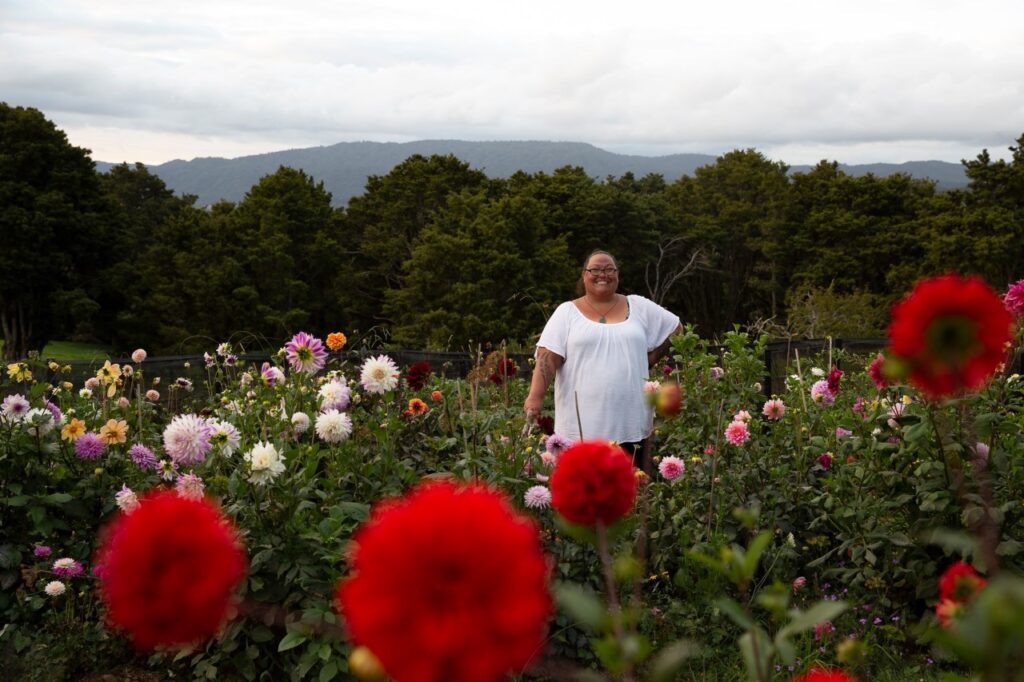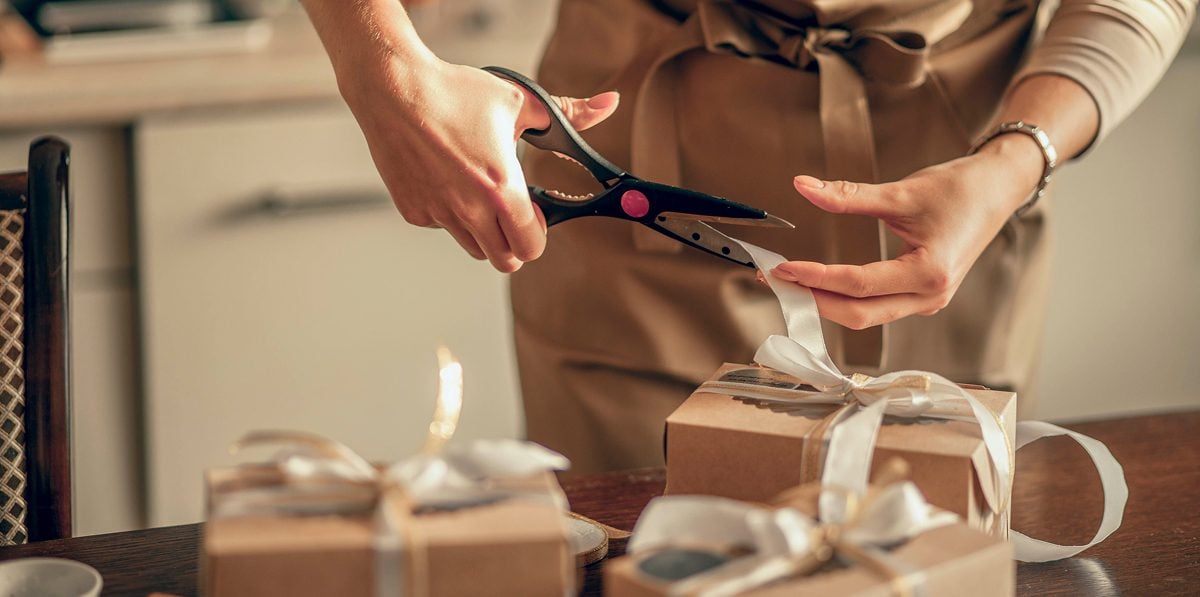Awhina Kingi explains how reviewing her business’s advertising strategy and customer sales activity has helped to stop her specialty gardening small business from losing money.
At a glance
Here’s a snapshot of the advice from our interviewee:
- Awhina Kingi has grown a gardening blog into a specialty seeds and giftware small business that operates fully online.
- Her business started to lose money when sales dropped significantly and the cost of shipping began to outweigh revenue.
- To turn her fortunes around, Awhina reviewed the cost of products and tested new advertising strategies on Facebook.
- Because of this, she now believes Aunts Garden has a strong chance at becoming self-sufficient in the next few years.
Any small business owner knows that you rarely get a smooth ride when it comes to revenue. There are peaks and troughs, and even times of negative cash flow; according to a report by Accenture and Xero, 95% of NZ small businesses experienced negative cash flow for at least one month in 2021, with the average being four months.
But losing revenue does not mean losing hope about the health of your business. Sluggish cash flow can be a good opportunity to re-evaluate products and processes, and make the appropriate changes in response.
“To run a successful business, I believe you must be fluid and flexible, and have the ability to shift your focus and adapt to trends,” says Awhina Kingi, the owner and founder of Aunts Garden in Northland, a business that offers speciality seeds and giftware.
The business’s roots are in a Facebook gardening blog named after Awhina’s late great-aunt, whose home and gardens Awhina now cares for.
A few years ago, Awhina was rarely able to leave her property for mental health reasons, but she desperately wanted to earn her place in the world.
“I was determined to find a way to be a self-sufficient person and since it was near impossible to find a job, I decided to create one for myself,” she says.
The gardening blog progressed into a stall and honesty box on the driveway, and then into a full ecommerce venture in 2021.
“After hearing about my plans to try to turn my little honesty box stall into something more professional, a good friend offered me the opportunity to sell his home-grown exotic seeds alongside my own,” explains Awhina. “As a retired nursery owner with a huge subtropical garden and numerous books on plants under his belt, he was more than happy to act as my mentor in running the business and supply seeds as a contractor.”

Hitting rock bottom
Awhina soon found that revenue could be as fickle as the seasons.
“If there’s bad weather we get a burst of interest, followed by a lull,” she says. “Summer and autumn are dormant months, as everyone shops in winter and spring. I used that time last year to study up on advertising strategies, fine-tune the website and change things that were not working and were adding to our financial struggles.”
All was going well for Awhina in that first year but then, suddenly, sales dropped off.
“It was unexpected and drastic,” she says. “I was losing money; the website fees cost more than I was earning. It was a shock, and I went into panic mode by offering free shipping, discounts and giveaways to encourage sales. This resulted in a short uptick in sales but, in the long run, caused more harm than good as we lost money on shipping.
“I reached the point where I had to decide if this was a sustainable business or if I needed to shut it down. I couldn’t afford to buy groceries. I remember sitting on the kitchen floor crying and feeling like a failure because I couldn’t even buy essential items. Then I got angry at myself for giving up.”
Trimming and testing
To turn things around, Awhina reviewed costs and tested new advertising strategies on Facebook, the source of most of her customers.
“I decided to give this a try for two months, and if it hadn’t increased sales I would have tried something else,” she says.
Awhina also studied her sales reports and customer cart activity.
“I made changes to the products I offered online and saw a steady increase in my customer base as a result. Some items needed new information or photos, and others were simply not interesting enough or were available elsewhere.
“I removed the seed lines that didn’t earn their keep and donated them to community gardens and projects via Facebook. I saved the more hard-to-get or limited-quantity seeds for free gifts to customers who spent over a certain amount.
“On top of this, learning how and when to push advertising for my products has made a huge impact on sales. Accepting all media interviews and signing up for things like the David Awards have also made a massive impact on the visibility of my brand. In the past two years Aunt’s Garden has been featured in New Zealand Geographic, Kiwi Gardener, NZ Gardening, Fine Gardening UK and more.”
Awhina now believes Aunts Garden has a strong chance at becoming self-sufficient in the next few years.
“Sometimes you have to trick yourself into believing you are capable,” she says. “Don’t be afraid to ask for advice from groups like Small Business Connect NZ – it makes all the difference having someone to bounce your ideas off.”
Ask a Prospa specialist about how a Prospa Line of Credit can help you manage cash flow fluctuations.




